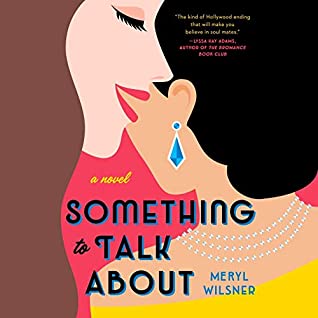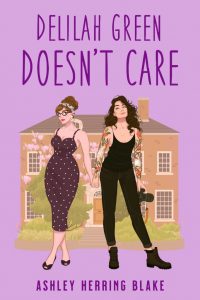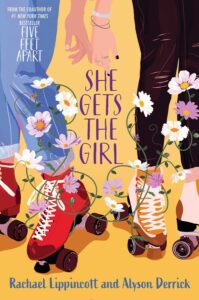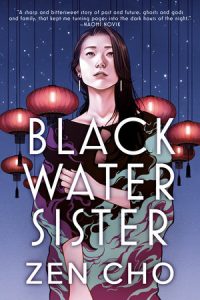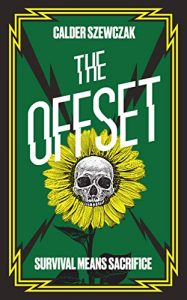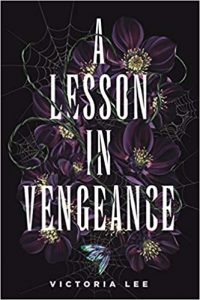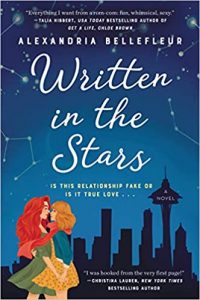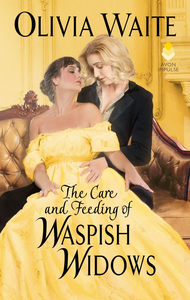Amazon Affiliate Link | Bookshop.org Affiliate Link
Something to Talk About by Meryl Wilsner follows Jo, a famous actress, writer and showrunner in Hollywood, and her assistant Emma. When they appear at an award show together and seem incredibly intimate, rumors of their romance begin to swirl. This ignites questions of the dynamic of their relationship and pushing from their family and loved ones. Miscommunication and shenanigans ensue.
I listened to this on audiobook, narrated by Jorjeana Marie and Xe Sands. If it hadn’t been for listening to the audio, I probably would have DNFed this book, to be honest. I didn’t hate it, but I know if I’d been reading it in e-book or physical copy, I wouldn’t have plowed through it. But that’s just my personal taste.
From the way the book starts, I had high hopes for what it could accomplish, but it fell short in my opinion. It’s established early on that Emma is bisexual, out to her family and comfortable in her identity but not shouting from the rooftops, and that Jo is a lesbian only out to her best friend and parents (not even Emma knows until about halfway through the book).
In the beginning, Jo’s issues with Hollywood’s racism are addressed as she deals with comments from entertainment reporters who believe she’ll have “too soft a touch” to properly write a screenplay for the action franchise, Agent Silver, the James Bond of this world. Emma pegs it right away as racist, coded language because Jo is Asian, and Asian women are often stereotyped as soft and submissive.
Emma’s dedication to Jo and Jo knowing Emma so well is established right away. It’s clear they have a close relationship that goes beyond employer and employee; it’s a solid friendship. Truthfully, that’s what their relationship feels like throughout the entire book. The romance that eventually blooms doesn’t feel organic. It feels like it’s stemming from the pressure of the rumors and the insistence of their friends and family that they are, in fact, in love.
The relationship dynamic between Jo and Emma always feels like an intimate friendship. Even the most romantic moments feel platonic. Their friends’ and family’s teasing about their rumored dating relationship is cringe-worthy. It’s never mean-spirited, but good intentions don’t necessarily mean the behavior is appropriate.
Part of what makes the dating relationship feel forced and inorganic is the power dynamic difference. Wilsner actually addressed this pretty well throughout, showing the characters’ recognition of how Jo had influence over Emma’s career, as well as the age difference.
However, when the rumors first started spreading, Jo insisted on not making a comment because she’d never commented about her love life, and she wasn’t going to start now that the rumor was her dating a woman; it would seem homophobic. Jo’s points in not commenting about her dating life are valid and solid reasons. But the way she believes she’s right comes off as dismissive and invalidates Emma’s feelings about the situation.
It was hard to become invested in the characters’ inner lives because these characters are people who don’t let anyone see too deep into them, including the reader. Their development both as individuals and together as an eventual couple feels surface level. Even the supporting characters are often described as knowing them so well, but it’s always a statement made through exposition and rarely shown within behavior and relationship dynamics.
Overall, the story itself was entertaining, but the characters and their interactions felt like they needed something more.
Content warnings: Homophobia, biphobia, racism

